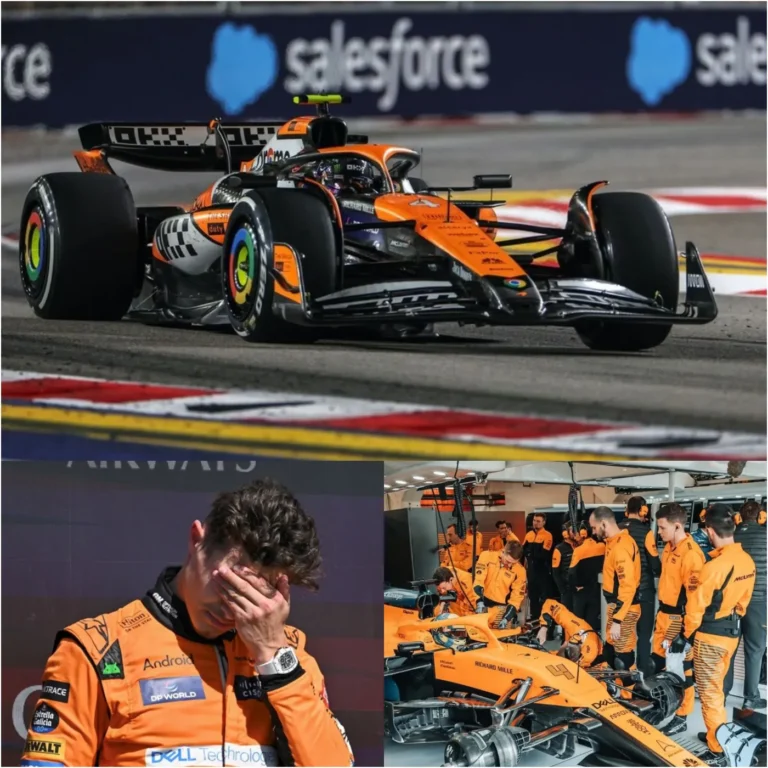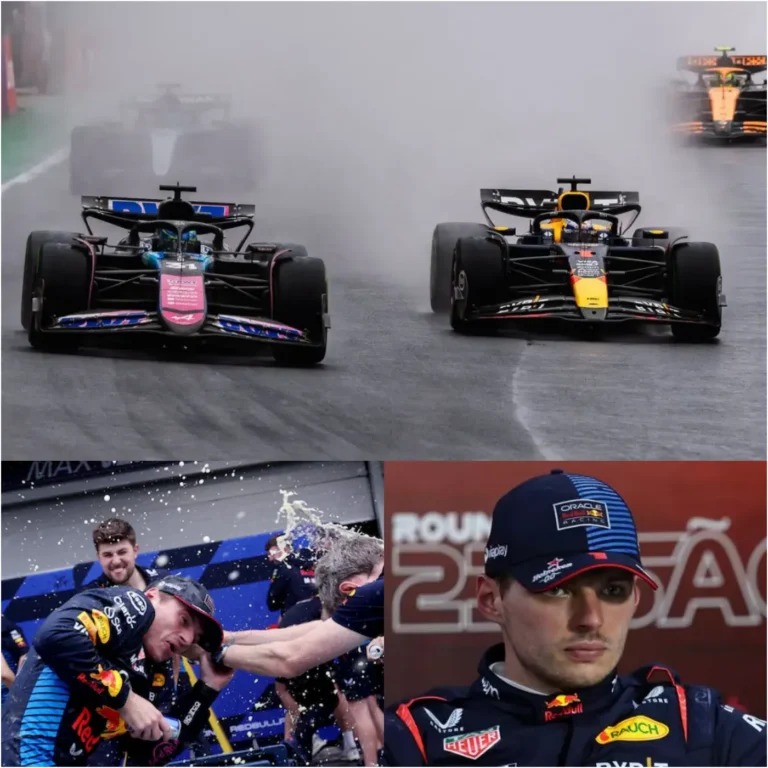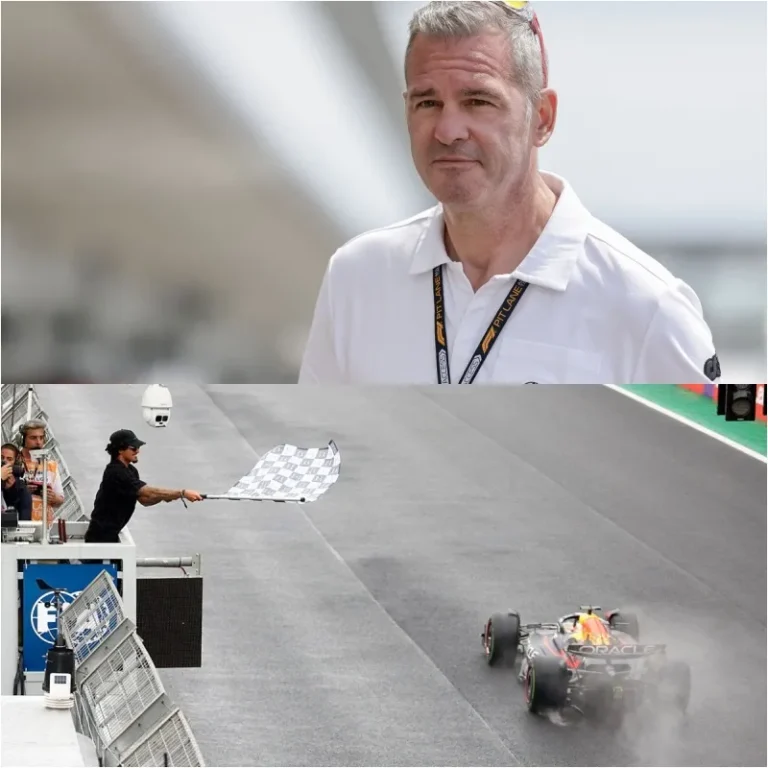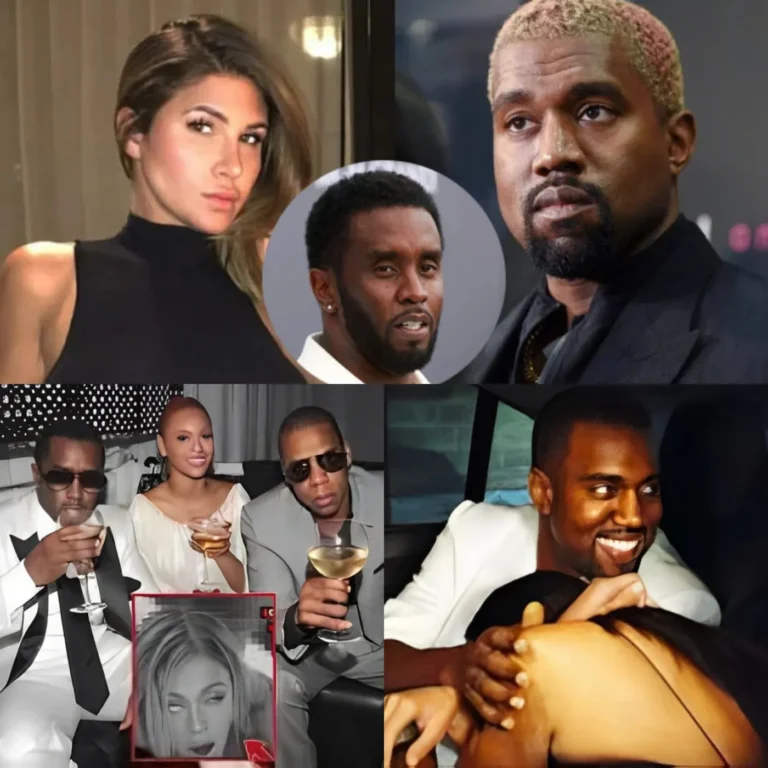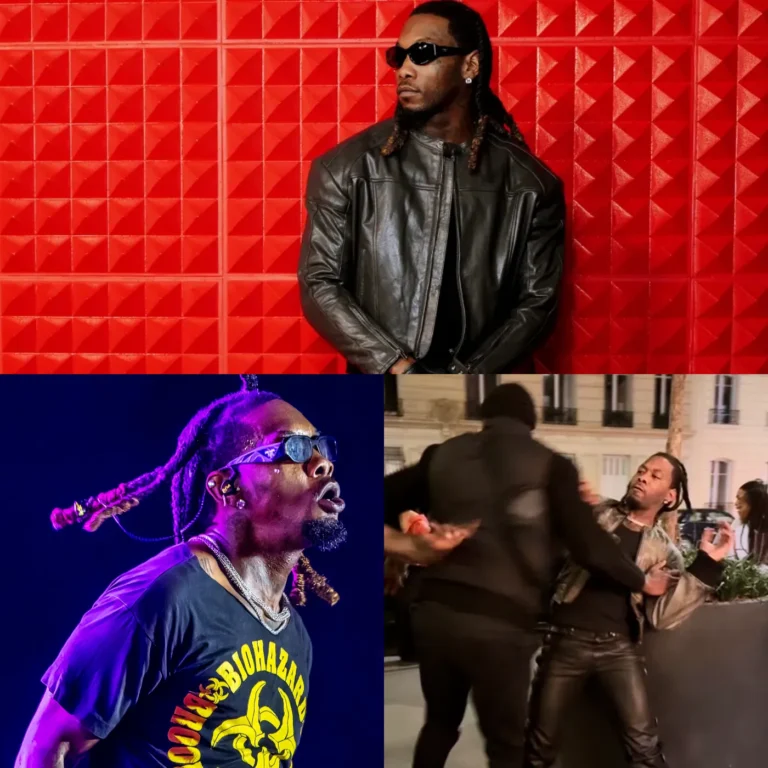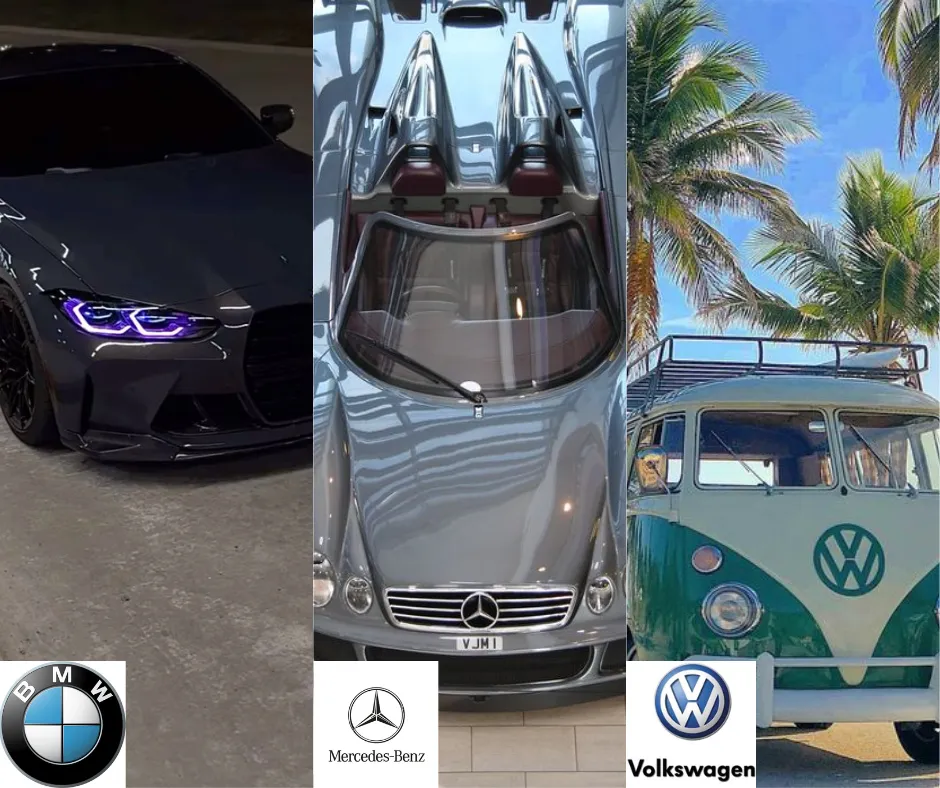
In the world of supercars, where glitz, power, and prestige reign supreme, scandals aren’t exactly rare—but the latest rounds of controversy in Europe’s luxury car market have shifted from who has the fastest wheels to who can skirt emissions laws the most. High-end European automakers have faced massive fallout over accusations of emissions cheating and cartel-like behavior. Let’s break down the recent twists in this high-speed, high-stakes drama that has left Europe’s luxury car brands under the spotlight—and not in a good way.
Dieselgate: The Scandal that Started It All
It all began with Volkswagen’s infamous Dieselgate scandal in 2015, where the German giant was exposed for using software that allowed their diesel engines to pass emissions tests while actually emitting harmful pollutants at up to 40 times the legal limit on the road. While Volkswagen took the brunt of the backlash, this scandal ended up cracking open the hidden practices across the industry. As regulators probed deeper, they began to suspect that VW wasn’t alone in bending the rules.
The AdBlue Deception: Dieselgate’s Little Brother?
Fast-forward to recent years, and it turns out Dieselgate was just the tip of the iceberg. An investigation revealed that major players like BMW, Daimler, and Volkswagen may have conspired to limit the size of their AdBlue tanks. AdBlue is an additive used to reduce nitrogen oxide emissions, so making the tanks smaller means less of this cleaning agent is used. This conspiracy was allegedly intended to cut costs while still meeting emissions standards during testing, further deceiving regulators and damaging the environment in the process.
The European Commission didn’t take kindly to this revelation. They hit the involved companies with a €2.9 billion fine for their alleged cartel-like behavior. The fines, though hefty, highlight the EU’s intent to rein in the power of these luxury giants who, it turns out, were taking more liberties with the law than anyone might have expected.
Supercars Under Scrutiny: An Industry Shift?
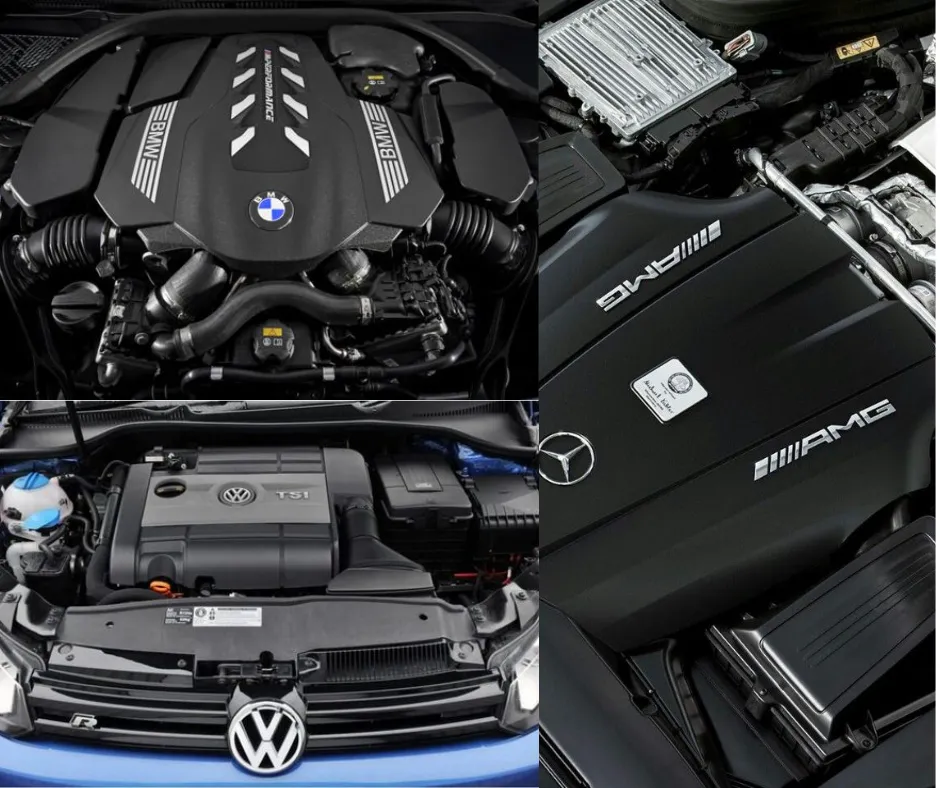
These scandals have shaken consumer confidence and pushed cities and governments across Europe to take a harder stance against diesel and high-emission vehicles. Some cities, like Paris and Brussels, have banned diesel cars in their city centers. For the luxury car market, which has historically leaned on powerful combustion engines as part of their allure, this signals a dramatic shift.
Now, some brands are pivoting toward more environmentally friendly options. For instance, Porsche and BMW are both ramping up production on high-end electric vehicles (EVs), while Ferrari has announced hybrid and electric models. Although supercar enthusiasts might miss the roar of a traditional V12, the shift toward cleaner technology is becoming necessary if these companies want to stay in the good graces of both regulators and consumers.
What’s Next for Europe’s Supercar Giants?
In a world that’s accelerating toward sustainability, Europe’s supercar brands are racing to adapt. For these brands, the stakes are high, as they need to balance their luxury appeal with the demands of environmental responsibility.
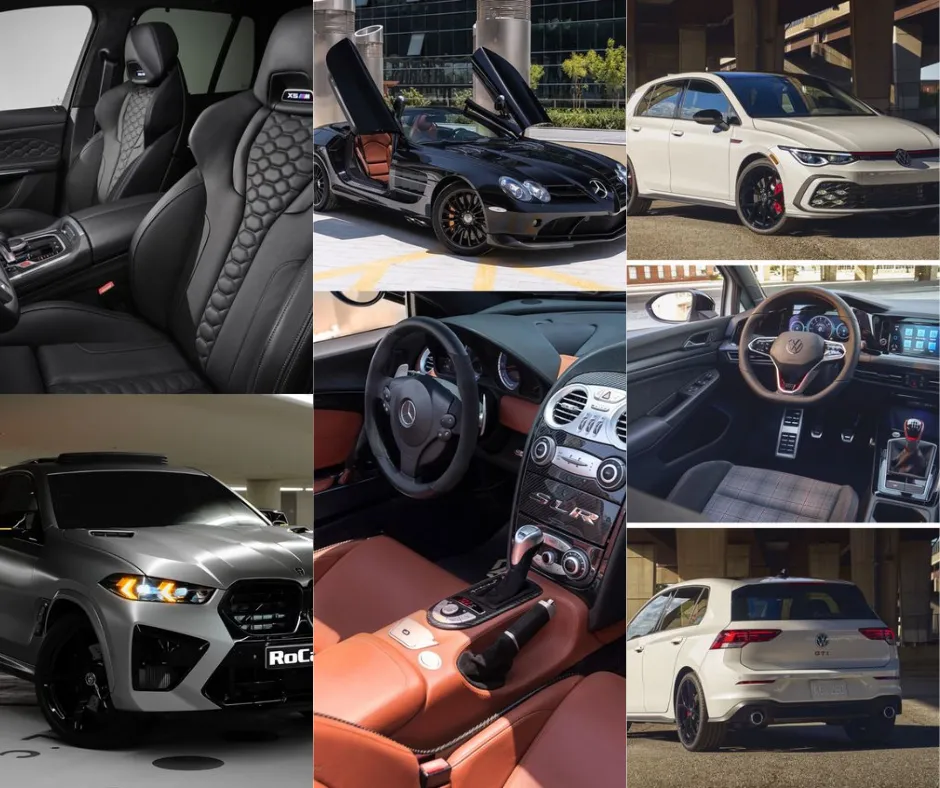
One thing’s for sure: As these brands continue their road to redemption, the eyes of both environmentalists and car lovers are watching closely. The question remains—will they be able to steer their way out of controversy, or will more skeletons come skidding out of the garage?
